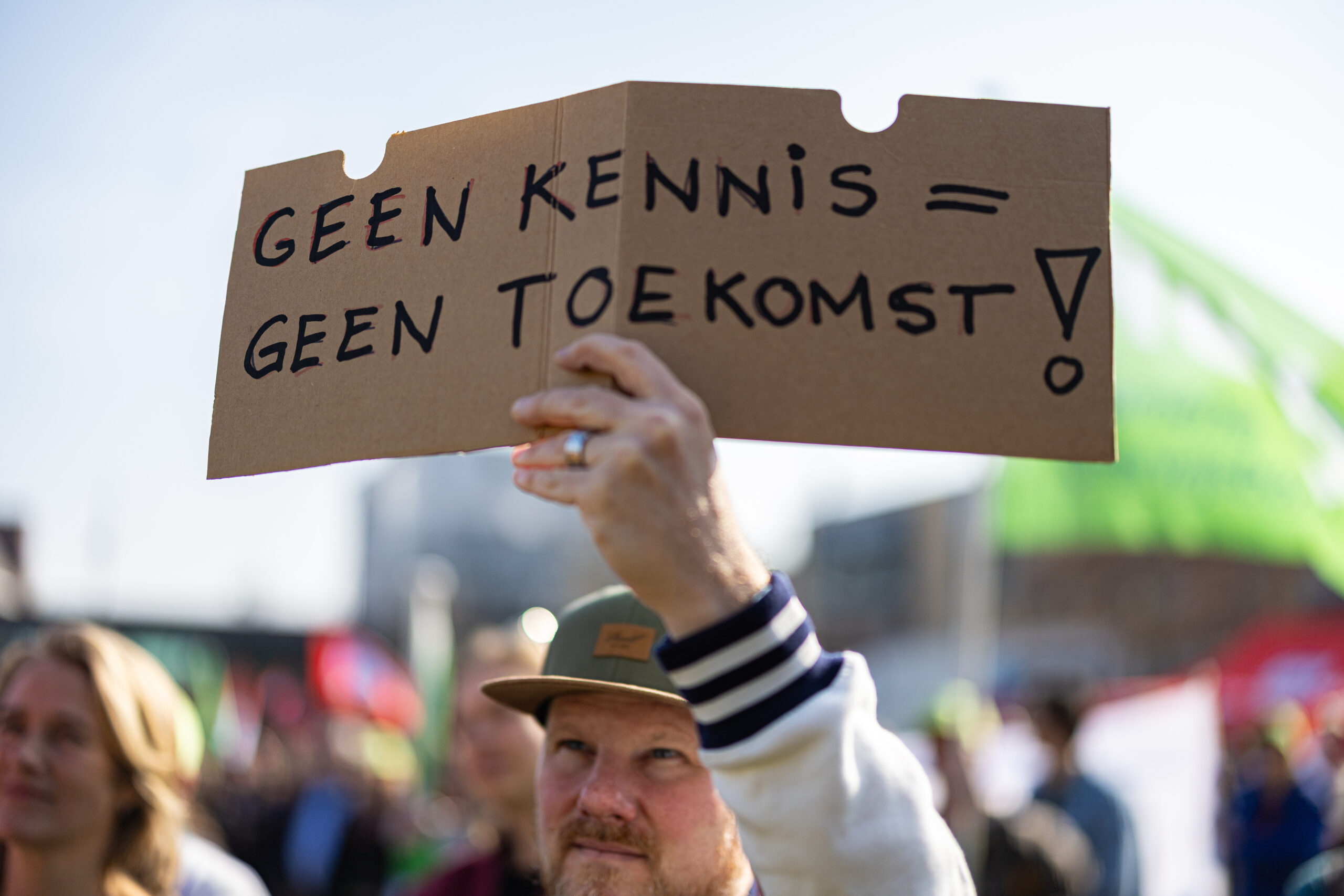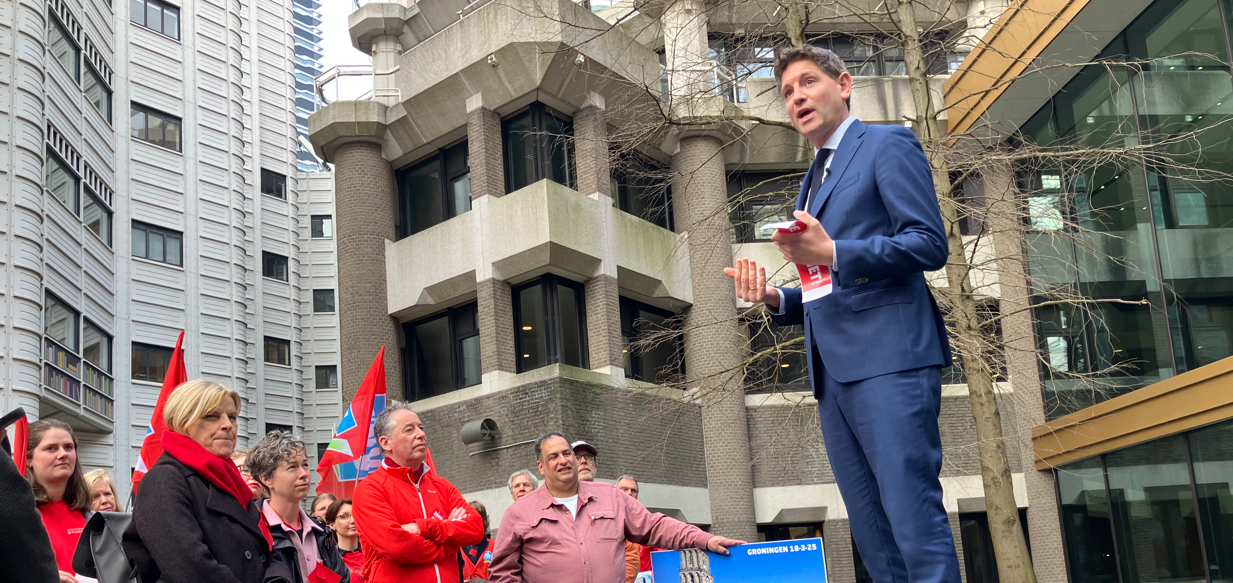This news was announced by Dutch current affairs broadcaster NOS yesterday evening. Instead, the government will scrap the starter and incentive grants.
The cabinet still plans to cut almost one billion euros in funding for higher education and science, but has made some changes to where the cuts will be made. The universities were threatening legal action in response to the cuts announced in the sector plans, for which they were supposed to get around 215 million euros a year.
In the sector plans, the universities make national agreements about their research and education. The plans pay for about 1,200 jobs, mainly for young scientists. The universities had agreed this with the previous minister, Robbert Dijkgraaf.
Starter grants
Now the government has said it won’t touch the sector plans, but it still plans to make cutbacks one way or another. According to NOS, the new minister, Eppo Bruins, will be cutting funding for starter and incentive grants instead. These grants, which the universities themselves award, were intended to ‘create stability and more scope’ in academia and reduce the work pressure. The previous government hoped that with these grants, researchers wouldn’t have to fight quite so hard to secure funding from the Dutch Research Council.
The starter grants of 300,000 euros each are for new assistant professors on a permanent contract, to allow them to do research on a topic of their choice. After these grants were introduced, universities put a lot of their assistant professors on permanent contracts. So many in fact that they couldn’t all get the full grant. Last January, universities were given permission to halve the grants if that turned out to be necessary.
The incentive grants are for other academics who needed money to do research. They can get grants of varying amounts from their university.
Government programme
A total of 300 million euros had been reserved for these two grant programmes and 215 million for the sector plans. What exactly will happen now should become clear on Friday. That is when the new cabinet will present the government programme, detailing all its plans. At any rate, Bruins looks set to deviate from the framework coalition agreement, which explicitly mentioned the sector plans. It remains to be seen what the coalition parties have to say about this. They will probably accept it, given that cuts will still be made.
Indeed, this is still just as much of a blow for the universities, tweeted Caspar van den Berg, chair of the association of Dutch universities UNL. ‘We had hoped and counted on a real reduction in the burden. This is a shift, not a solution.’

 Binnenhof, the seat of the Dutch parliament. Photo Shutterstock/Yoesoep Adji
Binnenhof, the seat of the Dutch parliament. Photo Shutterstock/Yoesoep Adji 

